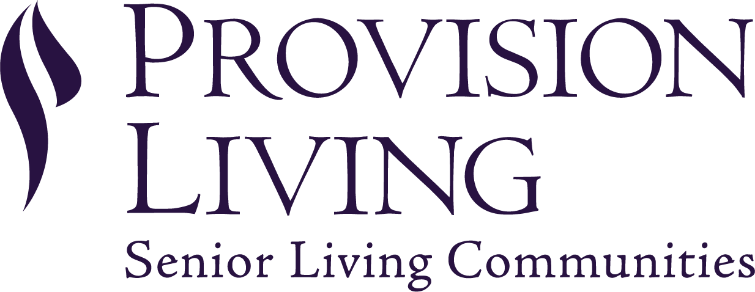December is Seasonal Affective Disorder Awareness Month
For many people, December is a wonderful month with holiday activities, fun with family, decorating for the season, and shopping for gifts. For others, it’s a time of depression, loneliness, and stress.
SAD is an acronym for Seasonal Affective Disorder. It is a condition any of us can have but seems to affect seniors more frequently than other age groups. December is Seasonal Affective Disorder Awareness Month, so let’s find out what it is and how to help those who suffer from it.
What is Seasonal Affective Disorder?
Do you notice a senior you love feeling down during the winter months? Do you observe them participating less often in activities they usually enjoy?
Seasonal Affective Disorder occurs most often during the fall or winter but typically disappears during spring and summer when there is more sunshine. SAD is considered a type of depression linked to lower levels of natural light, winter weather or illness that keeps a person inside.
Researchers who have studied Seasonal Affective Disorder believe that less sun exposure at this time of year combined with shorter days causes a change in the levels of the brain chemicals serotonin and melatonin. Levels of serotonin (a natural feel-good chemical) drop in response to decreased natural light while levels of melatonin (a chemical that brains produce in response to darkness) increase. These two dynamics can result in a person feeling lethargic and drowsy.
In addition, Vitamin D intake from sun exposure decreases during winter months because people get less exposure to the sun. Seniors especially are vulnerable to Vitamin D deficiencies which can contribute to the onset of SAD.
Symptoms of Seasonal Affective Disorder
- Lack of energy, feelings of lethargy, or lack of desire to do things
- Problems sleeping, including both insomnia and sleeping too much
- Withdrawal from people and lack of desire for social activity
- Loss of interest in hobbies
- Difficulty concentrating and a shorter attention span
- Feelings of sadness that persist for a long time
- Weight or appetite fluctuations
- Irritability
- Tearfulness
- Changes in personal hygiene
- Feelings of worthlessness
- Thoughts of suicide or death
How SAD Affects Older Adults
An estimated 15-20% of adults over 65 suffer from depression, some of which is due to SAD.
Older adults are affected by SAD in different ways than younger adults. They may have greater risk factors due to their age. Risk factors include:
Social Isolation
Seniors sometimes have less opportunity to get out and connect with others, especially in regions of the United States that get snow and in places where darkness falls early. This can contribute to SAD or other forms of depression. We are all social beings and need time with others daily. Being isolated never helps.
Less Mobility
Some senior adults have restricted ability to get outside and enjoy activities as they can during warmer months. The risk of falling, especially in areas with snow and ice, affects people’s ability to be active. Daily activity is important for robust mental health.
Low Levels of Vitamin D
As mentioned before, seniors have a greater risk of Vitamin D deficiency. Sunlight provides natural Vitamin D, and a lack of this nutrient can be a risk factor for SAD. Eating foods high in Vitamin D can help.
Living in Northern Climates
The weather in northern climates can produce conditions that make it harder to get outdoor activity. Snowy or icy roads or sidewalks can keep seniors close to home. The simple fact that there are fewer hours of sunlight impacts how much one can do outside during the winter.
Gender
SAD is more commonly experienced by women than by men. This does not mean men cannot have this disorder; they just suffer from it less than women.
Personal or Family History of Depression
If a senior has experienced depression before or if depression runs in the family, they can be at risk for developing SAD. A senior with depression during the fall or winter should be cared for by a healthcare professional who can determine if they’re suffering from regular depression or Seasonal Affective Disorder.
How to Help or Treat Someone Vulnerable to SAD
Of course, whenever SAD symptoms are noticed, a doctor should be consulted. This is especially important if you notice persistent sadness and other symptoms such as comments hinting at thoughts of suicide.
However, there are some ways you can help. Encourage your senior to incorporate the following tips into their lives:
- Eliminate or restrict sugars such as soda and sweets
- Eat a healthy diet including lots of fruits and vegetables
- Eat foods high in Vitamin D such as egg yolks, cereal, juices, yogurt, milk, cheeses, beef liver and fatty fish such as salmon
- Try to get 30 minutes a day of exercise including walking, exercise class, chair yoga or Pilates
- Avoid or limit alcohol intake as alcohol is a depressant
- Spend as much time as possible with family, friends and loved ones
- Get outside or sit near a window and open curtains to light in
- Keep to a healthy sleep schedule. Going to sleep at the same time each night and waking up at the same time keeps a healthy daily routine.
- Consult a physician, who may suggest a Vitamin D supplement, light therapy, talk therapy with a qualified therapist, or anti-depressant medication
Wrapping It Up
Seasonal Affective Disorder is a condition that can affect older adults. The facts presented here can help in understanding the condition but should not take the place of consulting a physician. You can make a difference in seniors you know by reaching out and spending time with them.
Provision Living communities are a group of senior living communities. We have resources, blogs, and information that can help you care for seniors that you love. If you’d like more information about Provision Living communities and all of the resources available to senior residents and their loved ones, you can reach out to us at 1-844-288-7463.


